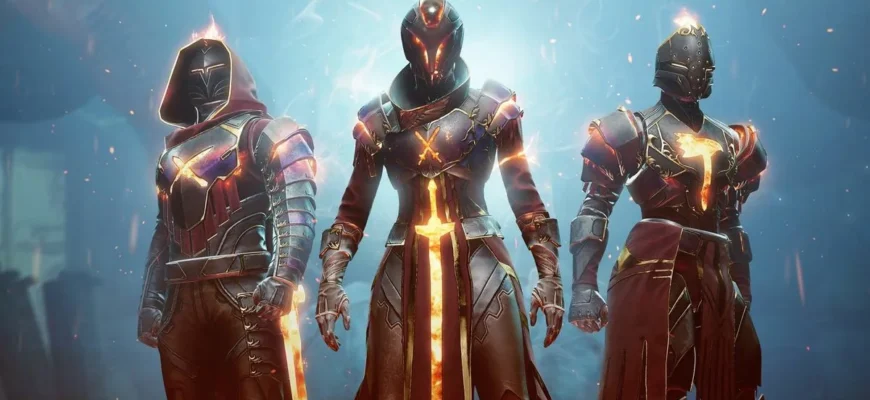|
|
|
The Concepts of Fate and Destiny in Manichaeism
Manichaeism, founded by the prophet Mani in the 3rd century CE, offers a unique perspective on fate and destiny that reflects its dualistic worldview. This ancient religion, which sought to harmonize various religious traditions, including Zoroastrianism, Christianity, and Buddhism, presents a nuanced understanding of human existence and the cosmic struggle between good and evil. To grasp how Manichaeism interprets fate and destiny, it’s essential to delve into its dualistic framework, the role of divine beings, and the implications for human agency.
The Dualistic Cosmos: A Battle Between Light and Darkness
At the heart of Manichaeism is its dualistic cosmology, which divides the universe into two opposing realms: the World of Light and the World of Darkness. According to this framework, fate and destiny are intrinsically linked to the ongoing battle between these two forces. The World of Light, associated with the divine and the benevolent, contrasts sharply with the World of Darkness, characterized by ignorance and malevolence.
In this cosmic struggle, human beings are seen as participants caught between these two realms. Their actions, thoughts, and spiritual practices can either align them with the forces of Light or with those of Darkness. Thus, fate in Manichaeism is not a predetermined path but rather a dynamic interplay influenced by one’s spiritual alignment and actions. Destiny, in this context, represents the ultimate outcome of this cosmic struggle—whether an individual will ascend to the World of Light or be ensnared by the World of Darkness.
Divine Beings and Their Influence on Fate
In Manichaean cosmology, divine beings play a significant role in shaping human fate and destiny. Central to this are the two principal deities: the God of Light and the Prince of Darkness. The God of Light, representing the ultimate good, strives to liberate souls from the material world’s clutches, while the Prince of Darkness seeks to imprison them in ignorance and suffering.
The interaction between these deities and human souls involves a complex web of influence. Divine beings, through their spiritual emanations, provide guidance and support to those aligned with the Light. This influence helps individuals navigate their spiritual journey and potentially alters their fate by favoring their alignment with divine will. Conversely, the Prince of Darkness can manipulate and obstruct those who are not vigilant, thereby steering them toward a darker destiny.
|
|
|
Human Agency and the Role of Free Will
Despite the dominant influence of the cosmic forces, Manichaeism places significant emphasis on human agency. Unlike some deterministic philosophies, which see fate as an inescapable chain of events, Manichaeism allows for personal choice and responsibility. The teachings of Mani encourage individuals to cultivate virtues, engage in rituals, and follow ethical guidelines to align themselves with the Light.
This emphasis on free will means that while cosmic forces shape the broader context of human existence, individuals have the power to influence their own destinies. By making conscious choices aligned with the principles of Light, people can alter their spiritual trajectory and contribute to the larger cosmic struggle. In this sense, fate is not a fixed destiny but rather a fluid outcome shaped by both divine influence and individual actions.
Mysticism and Spiritual Practices: Shaping Fate Through Ritual
In Manichaeism, mysticism and ritual play crucial roles in influencing fate and destiny. The religion prescribes various spiritual practices designed to purify the soul and strengthen its connection to the divine. These practices include prayer, meditation, and ritualistic acts aimed at transcending the material world and aligning with the divine realm.
Through these mystical practices, practitioners seek to transform their inner selves and align more closely with the World of Light. This alignment is believed to directly impact their fate by enabling them to gain favor from the divine beings and resist the pull of Darkness. Rituals, therefore, are not merely symbolic but are considered powerful tools for reshaping one’s spiritual path and influencing one’s ultimate destiny.
In summary, the concepts of fate and destiny in Manichaeism are intricately tied to its dualistic view of the universe. While the cosmic struggle between Light and Darkness provides a framework for understanding the forces at play, individual agency and spiritual practices offer a means of navigating and potentially altering one’s fate. This dynamic interplay reflects Manichaeism’s unique approach to understanding human existence and the broader cosmic order.
|
|
|

